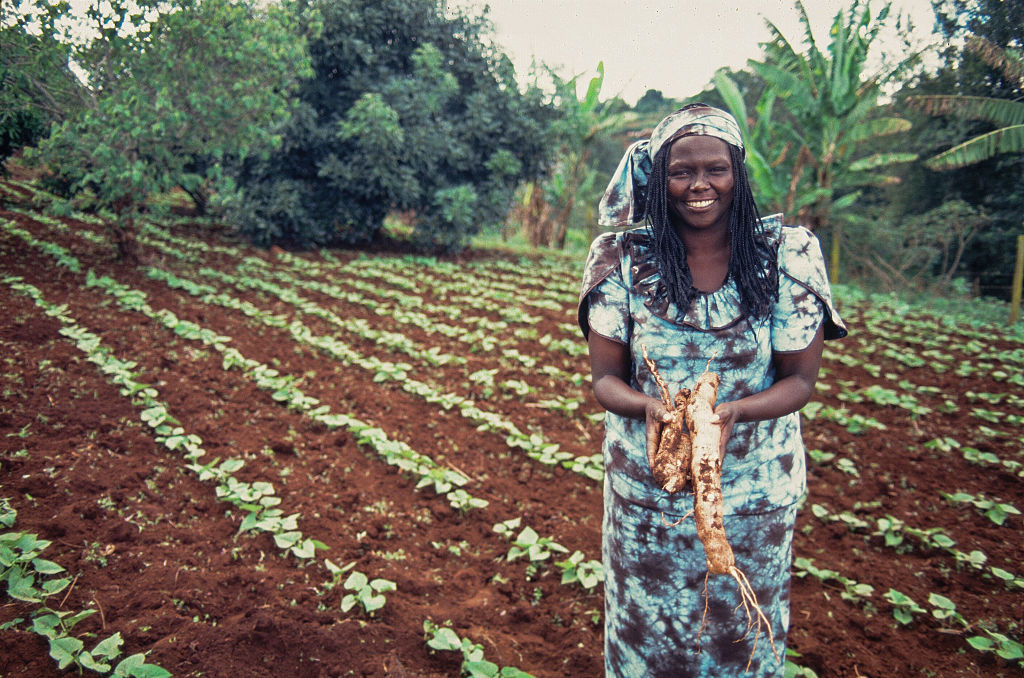(Photo above by Designecologist / Pexels)
Where were you when you heard the news of a “code red for humanity” issued by the U.N. secretary-general? Scrolling through social media with siren emojis populating every caption? For many, this news only confirmed what we already knew—that irrefutably, human beings have negatively impacted the environment, causing untold damage.
While we’ve written pieces explaining the Buddhist view on the oneness of life and its environment, there’s another question emerging: Is there any point to planning my future when I don’t know if I’ll even have one?
Giving into feelings of hopelessness in a time of numerous crises is understandable. But rather than sit on this sinking feeling, what can we do?
Imagining new realities doesn’t mean ignoring what’s happening.
David Krieger, the founder and former president of the Nuclear Age Peace Foundation, held a dialogue with Buddhist philosopher Daisaku Ikeda to discuss humanity’s future. Their dialogue, Hope in a Dark Time–Reflections on Humanity’s Future, was published in 2003.
Speaking frankly about the realities facing people today, Ikeda shares in the book:
When the realists tell us to accept a world of suffering, a world of war and injustice, what they are really doing is displaying the stagnation and failure of their own imagination.
Daisaku Ikeda
Buddhism is about taking action. Rather than waiting for something to change, Buddhists create a vision for what they want to see happen and then take action. The courage to imagine new realities comes from tapping into our Buddhability by chanting Nam-myoho-renge-kyo.
How to overcome the tendency to want to give up.
So, now that we’ve confirmed imagining new realities as not only something we can do but also something we can make a reality, how do we not give up?
Buddhists chant Nam-myoho-renge-kyo each day and reach out to people in their lives on a daily basis to offer words of support. This daily rhythm of bringing out our Buddhability and empowering others, is the energy needed to defeat any self-doubt or negativity.
This daily rhythm of bringing out our Buddhability and empowering others, is the energy needed to defeat any self-doubt or negativity.
Dr. Wangari Maathai (1940–2011), the Kenyan environmentalist and Nobel Peace Prize laureate, shares that the difference between success and failure is often no more than the willingness to get up again when you are down (article in The East African Standard, December 9, 2004).

Kenyan environmental and political activist Wangari Maathai was the first African woman to receive the Nobel Peace Prize for her contribution to sustainable development, democracy and peace. In the 1970s, Maathai founded the Green Belt Movement, an environmental non-governmental organization focused on the planting of trees, environmental conservation, and women's rights. (Photo by Wendy Stone/Corbis via Getty Images)
If you’re feeling like giving up, don’t worry, just refresh the determination to achieve your goal again today. And if tomorrow the tendency to want to give up sneaks in again, chant Nam-myoho-renge-kyo to kick it out and redetermine.
Engaging in this process personally and also with a community of people committed to peace creates a pathway for a world without war, a world where we value the natural world, and each person is able to live true to themselves. This is the purpose of the Buddhability community.
The most radical thing we can do is imagine new realities filled with hope and respect for each person. Experiencing joy and happiness in a time of crisis opens up new ways of living.
